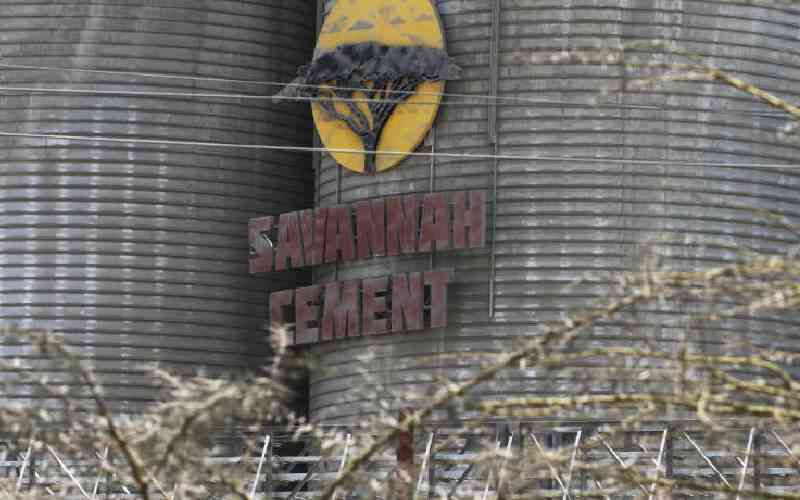×
The Standard e-Paper
Fearless, Trusted News

Savannah Cement Factory in Athi River, Kajiado county. [Elvis Ogina, Standard]
Savannah Cement has contracted a Chinese firm to construct a $300 million (Sh36.8 billion) clinker and cement plant in Kitui County.







